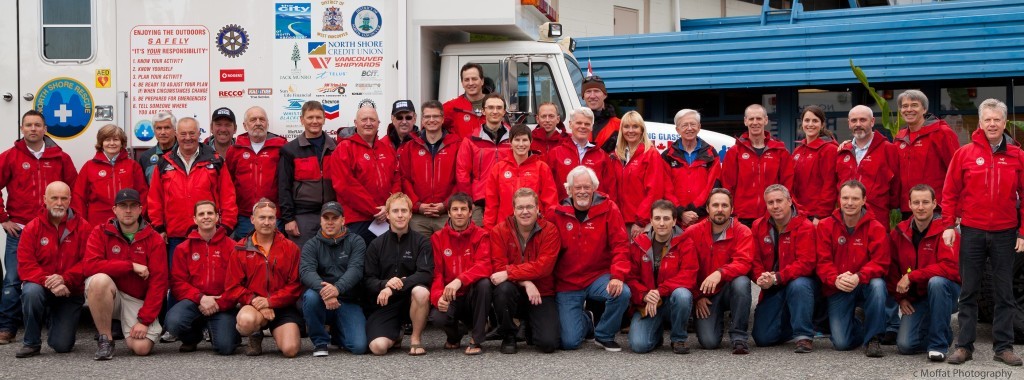Tim Jones was right in his assertions that people should not pay for their rescues
By Aidan Mouellic, Staff Writer
British Columbia has lost a hero. On January 19, a leader of the North Shore Rescue (NSR) team, Tim Jones, died suddenly of a heart attack while participating in team exercises on Mount Seymour.
I greatly admired Jones. He and his team of dedicated volunteers were lifesavers in Vancouver, as they’ve provided a critical service to those who enjoy the mountains. I also completely agreed with his view that people should not be charged for their rescue.
Those who need the help of the NSR team are often people who have made their way into the backcountry, then gotten into a situation that they cannot get themselves out of. The NSR team believes that those in need of help shouldn’t be charged the price of the rescue, because having financial thoughts cloud the judgement of the individual could delay them in making the call for help. Rescuing someone successfully from the North Shore is often a matter of timing. The helicopters that they use for rescues can only operate during the day. In winter, when night approaches fast, someone delaying a call for help—even for half an hour—could have life-altering consequences.
Besides the fact that a large, threatening price tag could delay a rescue from the beginning, charging for a rescue based on location is wrong. You shouldn’t be charged just because you happen to be in the backcountry. Firefighters, police, and paramedics don’t charge additional fees if you’re in a sketchy neighbourhood; so why should those who practice outdoor rescues?
Imagine if you were jogging though a low-income neighbourhood wearing diamond jewelry, and someone kidnapped you and held you for ransom. Clearly you would be an idiot for jogging with diamonds in the first place, but at least you wouldn’t have to worry about the amount the police will be charging you for a rescue.
The members of the NSR team don’t do what they do for any sort of financial compensation. They’re volunteers who donate bucket-loads of hours to their cause. They offer a crucial service, which allows us all to fully enjoy the coastal mountains. There would be a massive void in the outdoors community without the NSR team.
I’ve never been in a situation where I’ve had to call the NSR team, but countless others have and if I was in their shoes, I wouldn’t want financial woes on my mind. The backcountry is not some ghetto full of landmines; it’s nature, and nature can be dangerous, especially to people who are ill-prepared. So instead of scaring people from exploring nature, we should be educating them about the potential risks and preparation.
The best way to honour Jones would be to uphold his beliefs for future generations and move forwards with the work he has begun. For more detailed information on backcountry preparation and what NSR can do for you, visit www.northshorerescue.com

